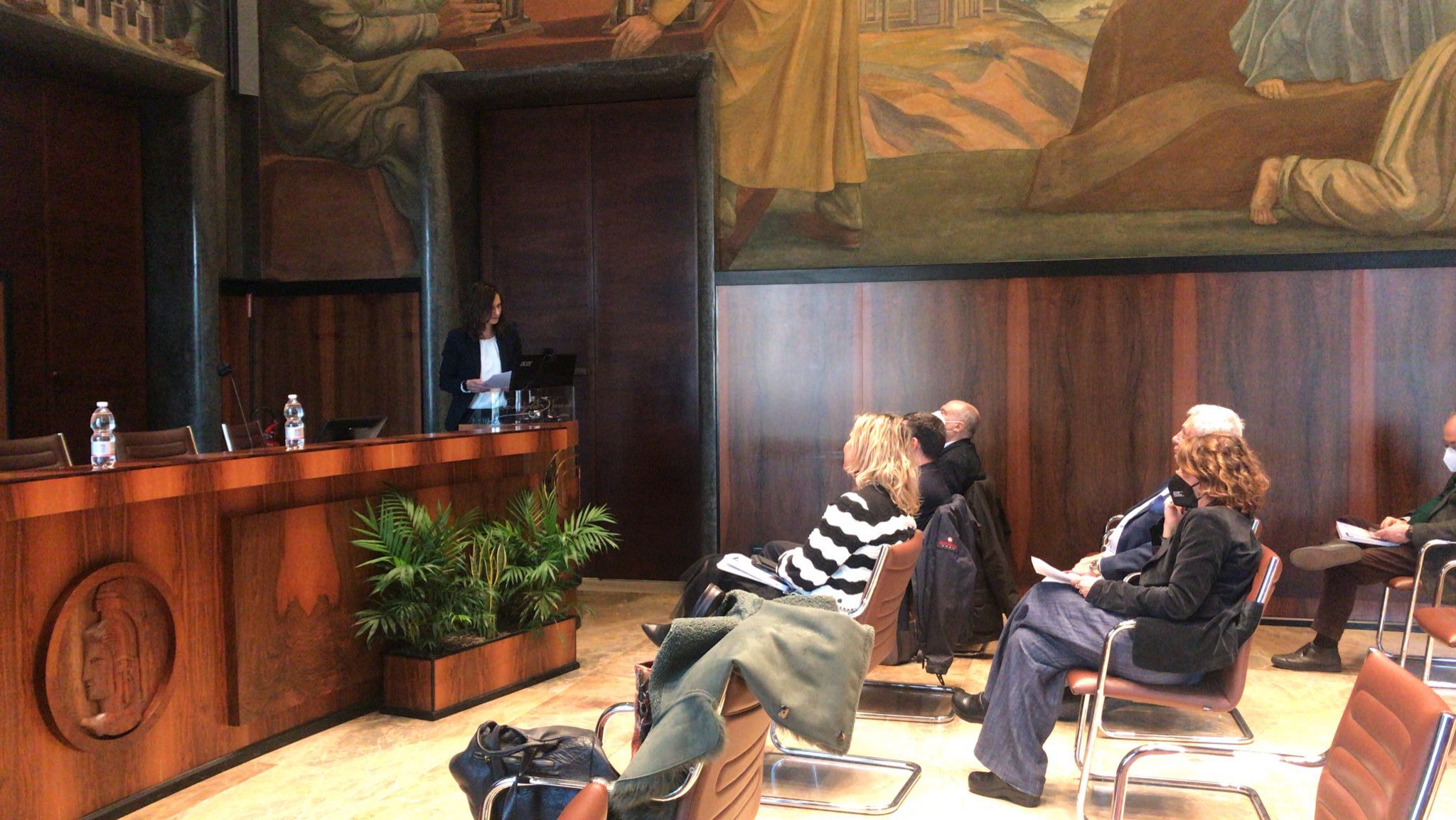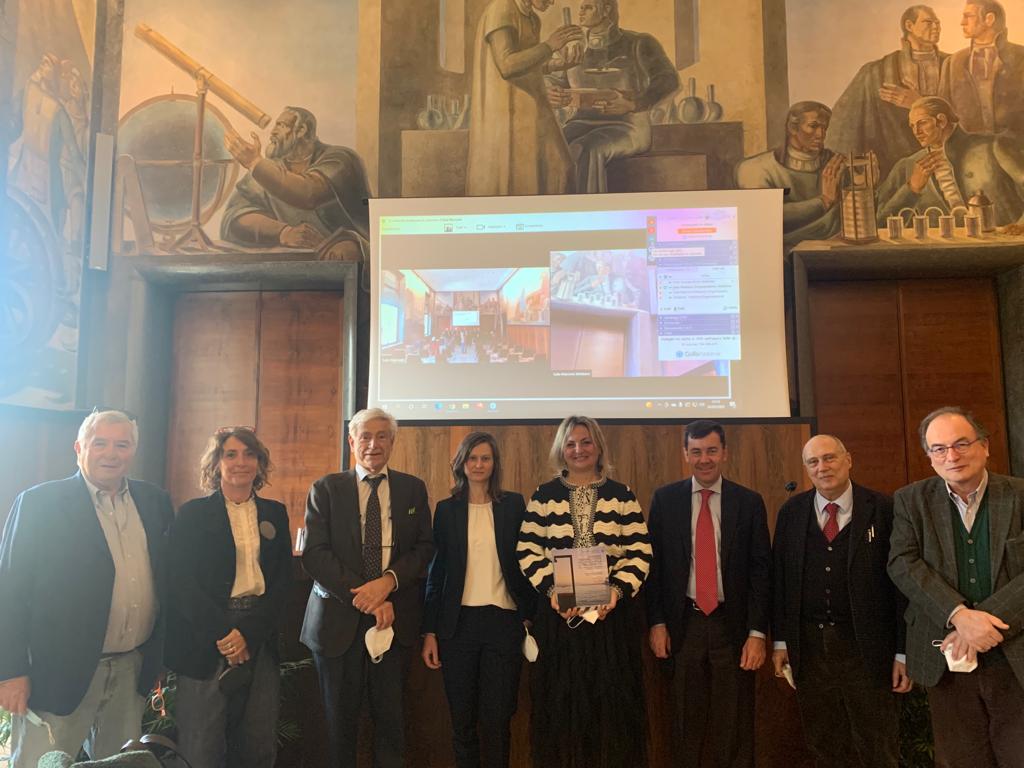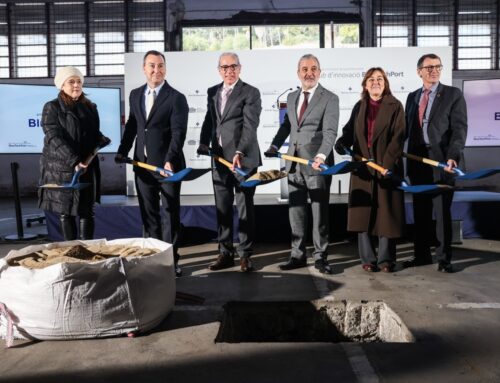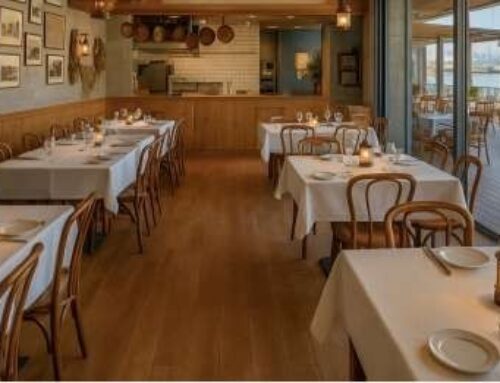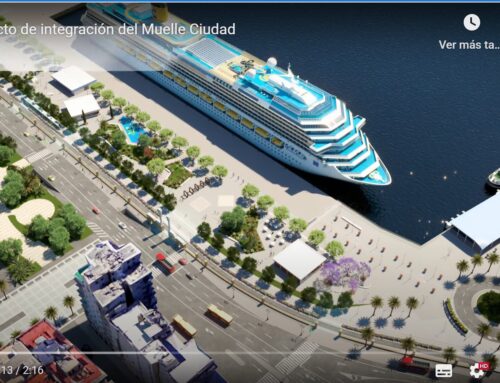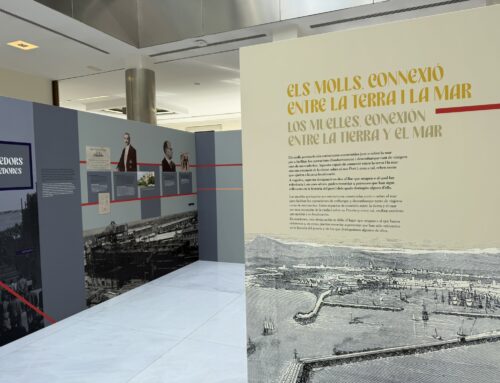The volume “Dialogues between port and city in the era of globalisation. For a multidisciplinary approach to port challenges” was presented in Rome at the headquarters of the National Research Council on 24th March/last week. The book is edited by Barbara Bonciani, Port Councillor for the Municipality of Livorno and member of RETE Managing Board and Scientific Committee, Luisa Bordato, Responsible of the Studies Centre of Treviso Confcommercio (Italian General Confederation of Enterprises, Professions and Self-Employment), and coordinator of RETE Advanced Nodes, and Eleonora Giovene di Girasole, researcher at Institute for Research on Innovation and Services for Development (IRISS) of the Italian National Research Council (CNR) and member of the Scientific Committee of RETE.
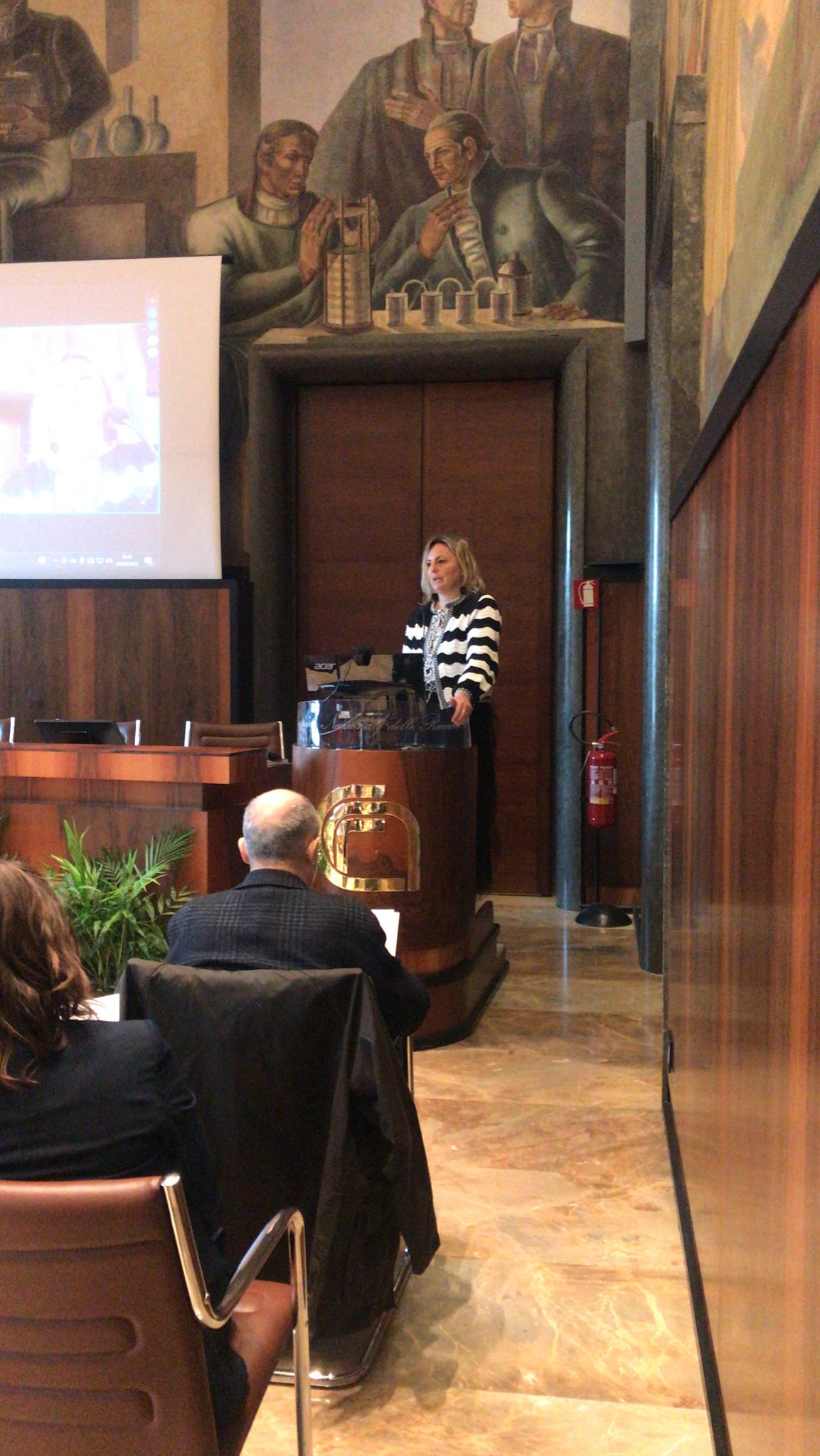
The book addresses the issues of port cities from a multidisciplinary perspective, with a view to defining a shared future vision in which the city-port system is understood as an “ecosystem” oriented towards sustainable development processes.
“The port-city system has specific features that deserve to be explored in a multidisciplinary debate through a constructive dialogue between academics, policy makers and stakeholders from the urban and maritime communities,” said Massimo Clemente, director of CNR IRISS and of the Scientific Committee of RETE – the International Association for Collaboration between Ports and Cities. “Technological and managerial innovation has a key role in facing the new challenges of ports and it is essential to weave resilient synergistic actions between city and port to define sustainable development potential, in line with the objectives of the Agenda 2030, and the 2050 energy transition policies adopted by the European Commission,” stressed Massimo Clemente.
“The objective is to continue to activate and maintain the comparison between all local players, appropriately extending it to the international level. Thanks to the adoption of new models of dialogue and collaboration, complementary to the existing legislative protocols, such as RETE’s “Advanced Nodes” model, it is possible to foster collaboration between port and city”, commented Luisa Bordato, highlighting how multidisciplinary and multi-level confrontation is fundamental to create new transformative and development strategies and define new active and shared governance policies.
“The destinies of ports and port cities are closely connected. This is why it is appropriate to foster an integrated approach to the management of port challenges ranging from the circular economy, resilience, energy, innovation, urbanisation to the open questions of governance. The book was written with the intention of opening up a path of joint reflection on these issues, bringing together the world of research and stakeholders on the one hand, and cities and ports on the other, in order to promote common, integrated strategies,” noted Barbara Bonciani.
“Among the challenges facing port cities, one of the most important concerns urban transformations and waterfront in particular, considering the continuous demand and need for space expressed by the port, which risks “consuming” or hiding fragments of the historical and cultural identity of these cities, and the enhancement of a historical and cultural heritage, often denied to the community, either because contained in port areas that are not usable for security reasons, or because simply neglected or forgotten,” said Eleonora Giovene of Girasole, emphasising the port’s new role as a place of cultural production, hybridising the production of the maritime cluster and the urban one.
The book, enriched by the contributions of Members and Experts of the Scientific Committee of RETE, contains emblematic cases concerning several port cities with interviews to experts in the field, and is part the “Research and Documentation” series of the Italian Aldo Della Rocca Foundation, a non-profit organisation for urban planning studies. For further information, visit the website of the Aracne publishing house.
